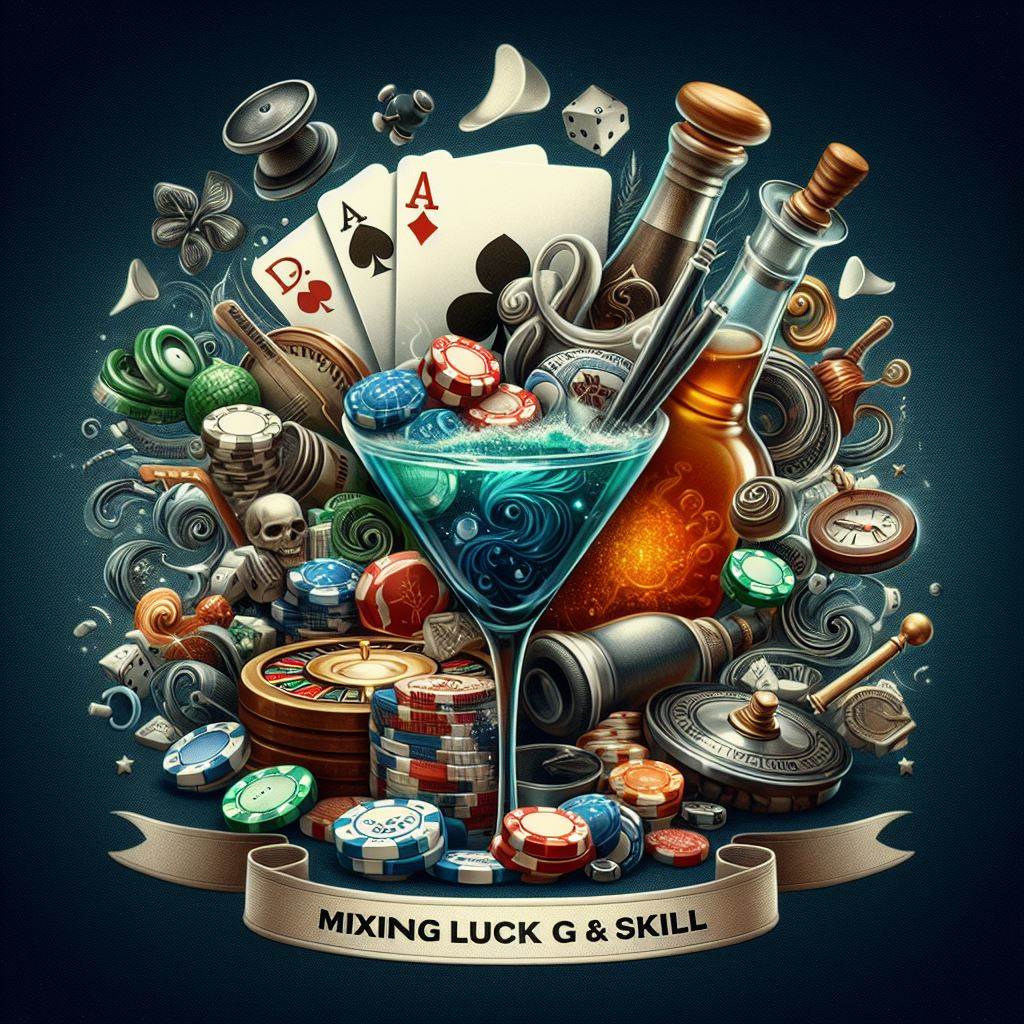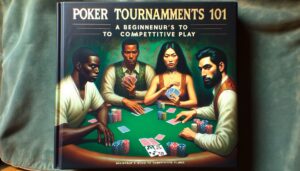Casino poker is a fascinating game that uniquely blends elements of luck and skill, Mixing Luck and Skill creating a challenging and exciting environment for players of all levels. Unlike many other games found in casinos, poker is not solely dependent on chance; instead, it also heavily relies on a player’s strategic capabilities. This article explores how luck and skill intertwine in casino poker and how understanding this blend can significantly enhance a player’s game.
The Role of Skill in Casino Poker
Skill in poker encompasses a variety of competencies. Firstly, mathematical skills are crucial. A skilled player uses probability and expected value calculations to determine the best course of action. This includes knowing when to bet, fold, call, Mixing Luck and Skill or raise based on the odds of winning a hand with the current cards.
Psychological acumen is another critical skill set. Reading other players’ behavior, predicting their moves, and deploying effective bluffing strategies are all essential for gaining an edge. Skilled poker players are adept at managing their own emotions and can also decipher the emotions and tells of their opponents, using this information to make calculated decisions.
Strategic planning is also integral to poker. Players must develop a game plan that includes adjusting their play style based on the stack size, the stage of the game, and the actions of their opponents. Successful players think several moves ahead, Mixing Luck and Skill anticipating opponents’ reactions and preparing for various outcomes.
The Element of Luck in Poker
While skill is undeniably important, luck plays a significant role in the outcome of poker games. Each deal of the cards introduces an element of randomness that even the most skilled player cannot control. For example, the flop in Texas Hold’em can completely change the dynamics of a hand, turning a poor starting hand into a potential winner, or vice versa.
The unpredictable nature of the game is what makes poker so thrilling. A newcomer can sit down at a table and, with a few lucky draws, find themselves stacking chips high against seasoned players. This level of unpredictability is one of the reasons poker remains so popular—it gives everyone a chance to win, regardless of experience.
Balancing Luck and Skill
Understanding and balancing the interplay between luck and skill is the key to becoming a proficient poker player. Players who focus too heavily on the skill aspect may become frustrated with the inherent randomness of the game, while those who rely too much on luck may fail to capitalize on opportunities to use their strategic abilities to influence the outcome.
Effective poker players acknowledge the role of luck but focus on improving their skills to maximize their chances of winning in the long run. This involves continuous learning and adaptation. The best players are those who review their games, learn from mistakes, and adjust their strategies based on new information.
Psychological Resilience in Poker
Given the blend of luck and skill, one of the most crucial skills in poker is psychological resilience. The best players develop a mental toughness that allows them to endure bad beats and losing streaks without losing focus or confidence. They maintain a steady demeanor, whether they are winning or losing, which prevents them from making irrational decisions based on emotion.
Conclusion
Casino poker is not just a game of chance or a test of mental strength; it is a complex dance between luck and skill. Players who recognize and embrace both elements can improve their game, enjoy more success at the table, and find greater satisfaction in the challenge of the game. Whether you’re a novice learning the ropes or a seasoned player refining your strategy, understanding the intricate balance between luck and skill in poker can lead to better performance and deeper enjoyment of this timeless card game.


